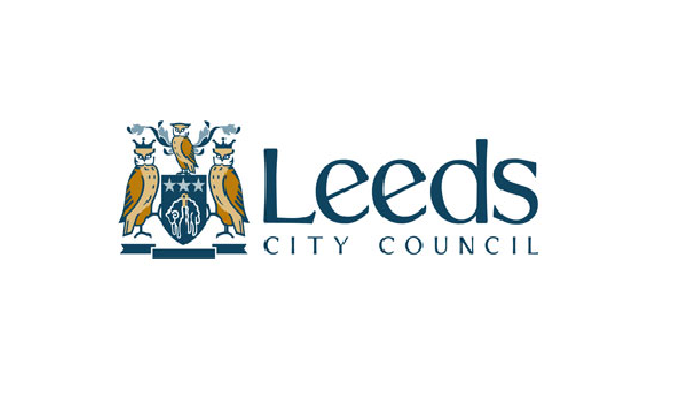
Leeds can become a carbon neutral city by 2050—and could potentially achieve the 2030 target in the climate emergency motion passed by councillors on 27 March—according to a new “carbon roadmap” report published by the Leeds Climate Commission.
The science-based roadmap report, produced by a team led by Andy Gouldson, Chair of the Leeds Climate Commission and Professor of Environmental Policy at the University of Leeds, sets out the emissions targets required for the city to become carbon neutral by 2050 in line with the United Nations Intergovernmental Panel for Climate Change (IPCC).
For Leeds, that means cutting its 2005 level of emissions by 70% by 2025, 85% by 2030 and then to zero by 2050.
Last month, council members voted in favour of declaring a ‘climate emergency’ and signing up to science-based carbon reduction targets. It also resolved to work to make Leeds carbon neutral by 2030 and called on central government to provide the funding and powers to make this possible.
Andy Gouldson, Chair of Leeds Climate Commission, said: “The good news is that it is technically, and to a large extent, economically possible for Leeds to become a carbon neutral city and meet the carbon reduction targets in line with the global targets set out by the United Nations.
“However, those measures will only take us so far. We need to go further and employ a range of innovative measures to close the gap – and if we step up to the challenge and do all of those, we could close that gap and get to zero by 2050.
“The council’s White Paper Motion is even more ambitious and wants the city to work towards being carbon neutral by 2030. We’ve demonstrated that if Leeds as a city is prepared to rethink the way we use energy, move around and consume some key products this could be doable.”

 Appeal Following Road Traffic Collision, Great Horton Road, Bradford
Appeal Following Road Traffic Collision, Great Horton Road, Bradford
 Bradford Man Jailed For Child Sexual Offences
Bradford Man Jailed For Child Sexual Offences
 Appeal After Burglary
Appeal After Burglary
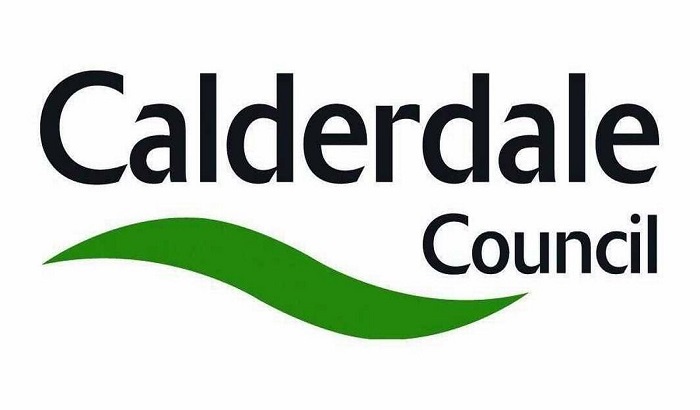 Have your say and help to build stronger communities in Calderdale
Have your say and help to build stronger communities in Calderdale
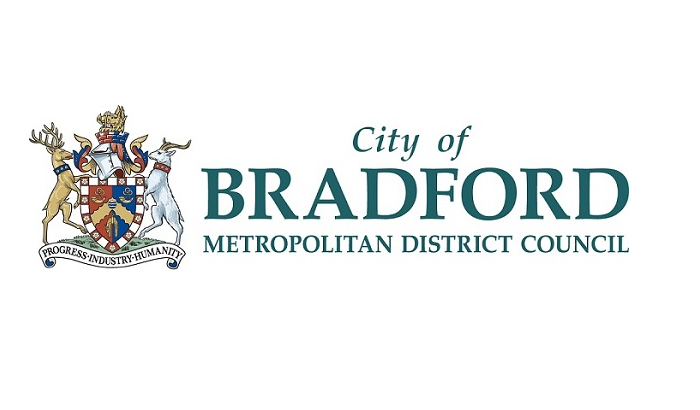 Bradford to mark the 80th anniversary of D-Day
Bradford to mark the 80th anniversary of D-Day
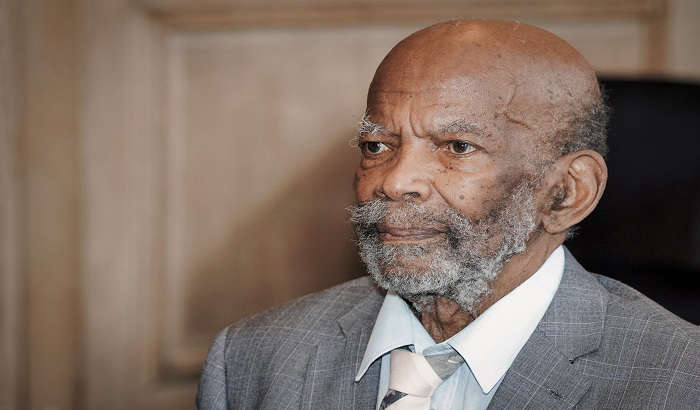 City presents Windrush pioneer with prestigious Leeds Award
City presents Windrush pioneer with prestigious Leeds Award
 More Than 10,000 Arrests Made By Team Dedicated To Reducing Violent Crime
More Than 10,000 Arrests Made By Team Dedicated To Reducing Violent Crime
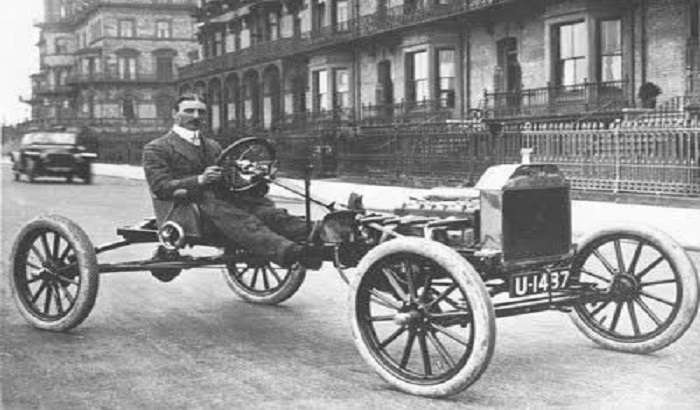 Plate expectations as historic registration could be up for sale
Plate expectations as historic registration could be up for sale
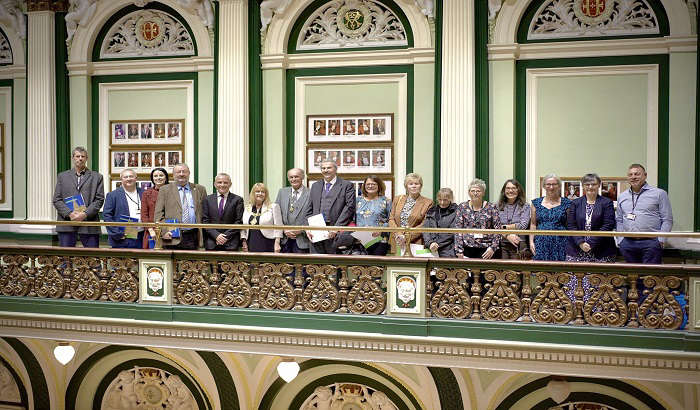 Calderdale: Celebrating over 350 years of service at Council
Calderdale: Celebrating over 350 years of service at Council
 Activists who caused £100,000 worth of damage sentenced
Activists who caused £100,000 worth of damage sentenced
 Appeal Following Collision and Death of Man in Otley, Leeds
Appeal Following Collision and Death of Man in Otley, Leeds
 Alim OnAir
Alim OnAir
 Bhangra Nights
Bhangra Nights
 Remix Saturdays
Remix Saturdays
 Legal Show
Legal Show